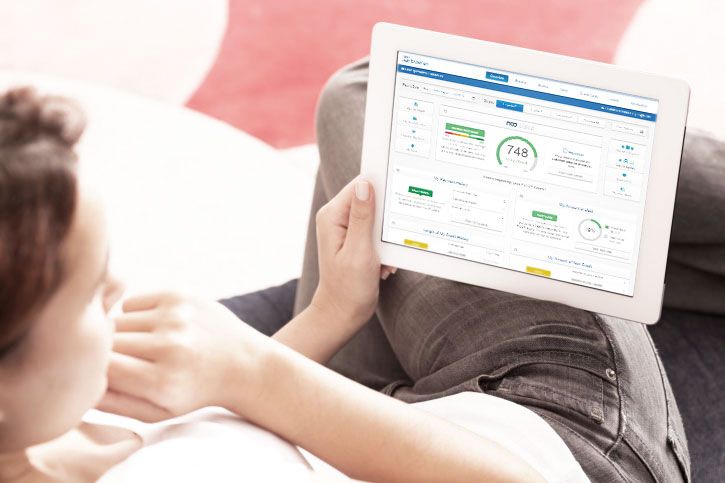Do items on my credit report in which I am listed as an "authorized user" contribute to my score?
- DRH
Dear DRH,
Any account that is listed on your credit report could factor into your credit scores. While most scoring systems—such as FICO and VantageScore® —incorporate authorized-user accounts into the calculation, some may not weigh them as strongly because authorized users are not responsible for repaying the debt.
However, an authorized user account can be a great first step in establishing a credit report if you can be added to an account that is always paid as agreed.
What Is an Authorized User?
As an authorized user on someone else's account, you have permission to use the card to make purchases, but you are not legally responsible for making payments. Even though you are not required to make payments, speaking to the account owner to determine their wishes for how the account will be used and planning to repay them for any debt incurred is a good way to establish responsible credit use habits.
Since you are not responsible for the debt, the account will not appear on your Experian credit report if there is negative information in the payment history, such as late payments. However, your credit score could be hurt if the account carries a high balance because it will increase your credit utilization rate, which affects credit scores.
Even if the account has no negative information, you can request the account be removed from your report if you no longer want it to appear as part of your credit history. That makes becoming an authorized user a fairly risk-free way to establish a credit history and begin building a positive payment record.
Because not all credit card companies choose to report their accounts to the authorized user's credit history, you should contact the lender to make sure they report authorized-user accounts to the three major credit reporting agencies (Experian, TransUnion and Equifax) before making the decision to add your name for the purpose of building credit.
Additional Ways to Build Credit and Increase Your Credit Score
If you are just beginning to build your credit report, becoming an authorized user isn't your only option. Some other ways to strengthen your credit history include:
- Open a secured credit card account. With a secured card, you give the lender a security deposit in exchange for a credit card account with a small credit limit. Secured accounts are easier to qualify for because if you fail to pay, the lender can use the money in your deposit account to cover the outstanding debt. Before opening the account, ask the lender whether they report their secured accounts to the credit reporting companies. If they do, and you manage the account well and make all payments on time, you can start building your credit right away. Even if the lender doesn't report secured accounts, they may be willing to convert the account to a traditional credit card account once they've seen that you can manage your account responsibly.
- Get a credit-builder loan. Credit-builder loans work like a typical loan except in reverse. Instead of being issued a lump sum you repay over time, the loan issuer keeps the loan balance in an account while you make payments toward it. Once the loan is paid off, the balance is issued to you. Your payments are reported to the credit bureaus and added to your credit report, which helps improve your credit history.
- Add your utility and streaming service payments to your credit report. Experian Boost®ø allows you to add your on-time utility, cellphone and streaming service payments to your credit report. Although anyone's credit score can benefit, those with thin files (fewer than five credit accounts) often benefit the most.
- Sign up for Experian Go™. If you don't yet have an Experian credit report in your name, you can establish one right away with Experian's new program, Experian Go™. To get started, simply download Experian's mobile app and enroll in your free Experian membership.
Thanks for asking.
Jennifer White, Consumer Education Specialist

